European nations are now seeking to pool their national space assets to build a new, military-grade surveillance and communications network, a “system of systems” designed to deliver integrated, secure space-based intelligence and defence capabilities. This strategic shift reflects growing concern over global geopolitical instability and a drive for European autonomy in security and defence.
European nations agree 30% boost in space budget
European nations agreed on Thursday to increase spending on space over the next three years by about 30% to 22.1 billion euros, part of an effort to try to catch up to the US, China and private firms zooming ahead in the space race.
The European Space Agency had asked its 23 nations to provide some 22 billion euros to fund launches, satellites and other research programmes for the next three years, up from 16.9 billion in 2023-2025.
Pooling space assets for collective defence
According to a recent report in the Financial Times, the European project aims to fund and deploy a constellation of satellites and support systems, operated collectively by participating nations. Rather than each country working separately, Europe intends to integrate reconnaissance, communications, and surveillance satellites into a unified network, enabling real-time intelligence sharing, secure communications, and coordinated monitoring of terrestrial and maritime zones.
The idea is to shift from fragmented national programmes to a collective, interoperable architecture, a “system of systems” that leverages the strengths of each national space asset, while minimising duplication and maximising resilience in the face of threats.
Why Europe sees this as necessary now
The push comes amid rising concern over the shifting global security landscape, including great-power competition, conflicts involving space-enabled intelligence, and mounting cyber and hybrid threats. European defence officials argue that a coordinated space network would give the bloc greater strategic autonomy, reducing reliance on third-party providers or alliances for critical space-based intelligence and communication capabilities.
Moreover, the initiative aligns with the wider European Space Agency (ESA)–backed strategy under EU Space Programme and the broader European security architecture, which articulate the need for cooperation in space to safeguard sovereignty, support defence readiness, and bolster Europe’s position on the global stage.
Surveillance, communications and resilience
The proposed network would include surveillance satellites capable of Earth observation, infrared detection, signals intelligence, and maritime/domain awareness. Complementing these would be secure communications satellites and ground infrastructure to enable encrypted data-sharing across borders. This layered capability would provide participating countries with timely intelligence on troop movements, missile launches, territorial infringements, and other security threats.
By pooling resources, Europe hopes to achieve greater coverage area, redundancy, and faster responsiveness than any single national programme could. The integrated system also aims to enhance resilience even if one satellite or ground node is compromised, the network as a whole would remain operational, ensuring continuity of surveillance and communication.
Strategic and geopolitical implications
If implemented, the system would mark a major step toward European strategic independence, reducing reliance on external intelligence frameworks or non-European alliances. It could strengthen Europe’s negotiating position on the global stage and allow it to act more autonomously in crisis situations.
For member states, the network offers cost-sharing benefits and efficient use of existing technological infrastructure. The pooling of national assets avoids unnecessary duplication and the shared cost model lowers the financial burden on any single country.
Quick Reads
View AllChallenges ahead: Integration, sovereignty and governance
Despite its promise, the plan faces significant challenges. Integrating satellite systems from multiple countries entails complex technical, logistical, and security coordination. Participating nations must also navigate issues of data sovereignty, command-and-control protocols, and trust, sharing potentially sensitive intelligence across national boundaries.
There are concerns about governance: who controls the data, who makes decisions in a crisis, and how to reconcile differing national policies on defence, privacy and international law. Ensuring that the system remains transparent, accountable and acceptable to all stakeholders will be critical.
With plans for a Europe-wide space-based surveillance and communications network, European nations are signalling a move toward collective, sovereign defence capabilities. The proposed “system of systems” could offer shared security, cost-efficiency and strategic autonomy but successfully navigating integration, governance and trust will determine whether the vision becomes a reality.


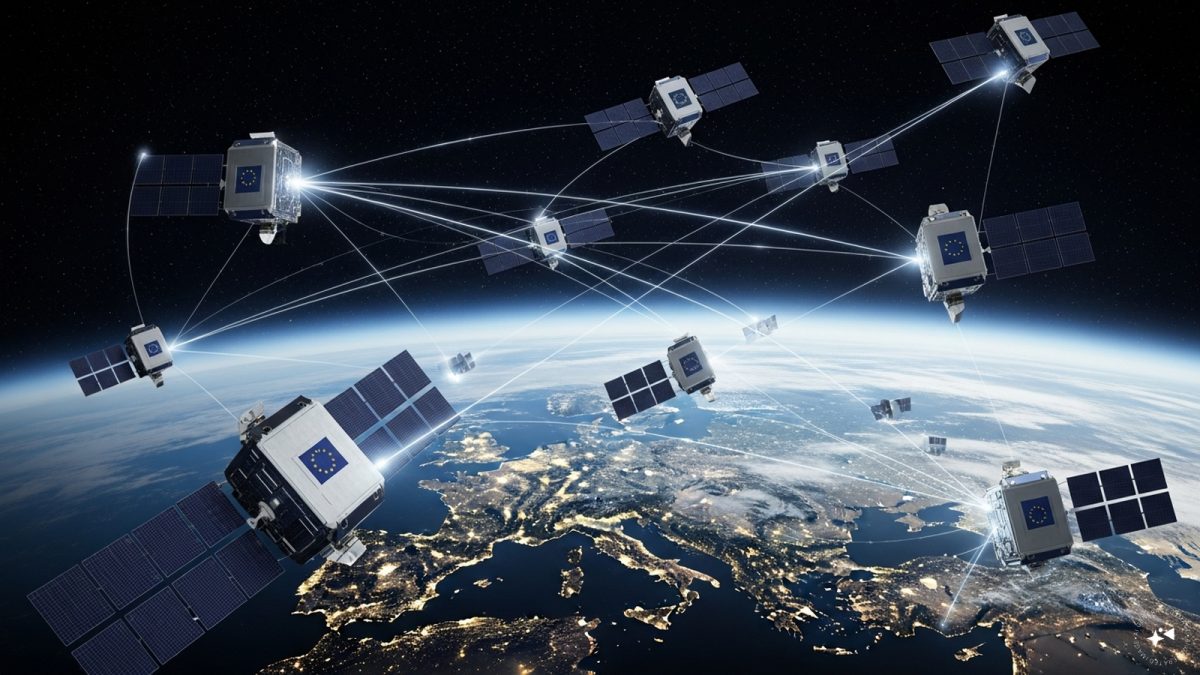)

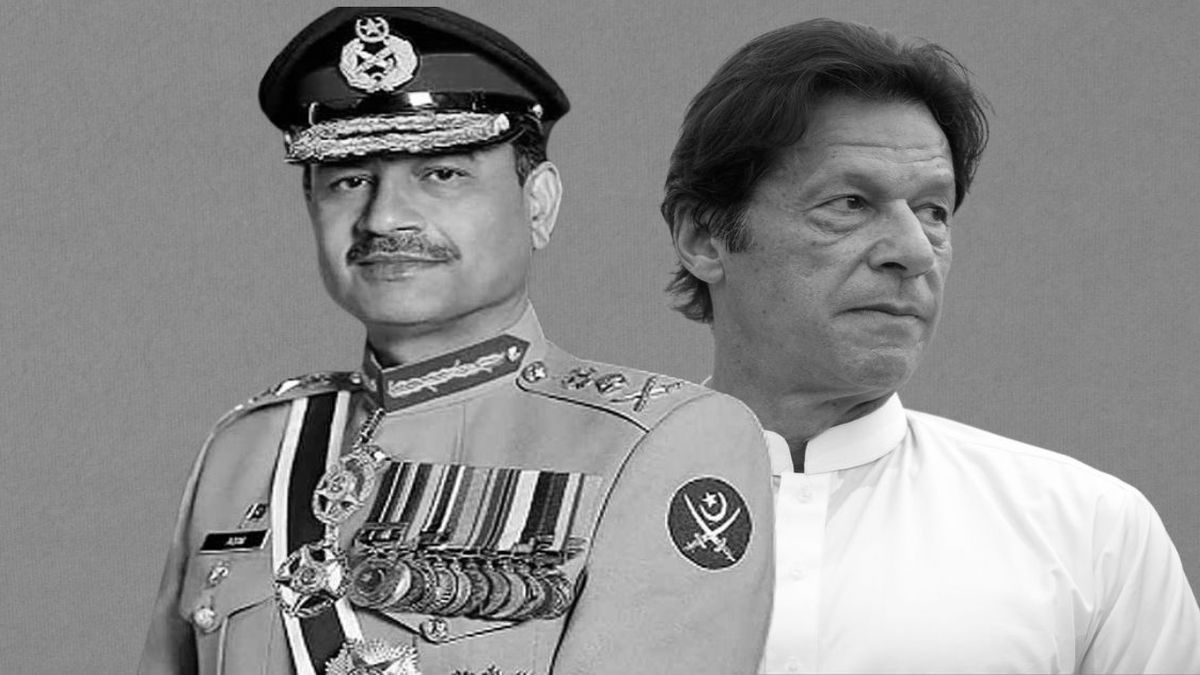)
)
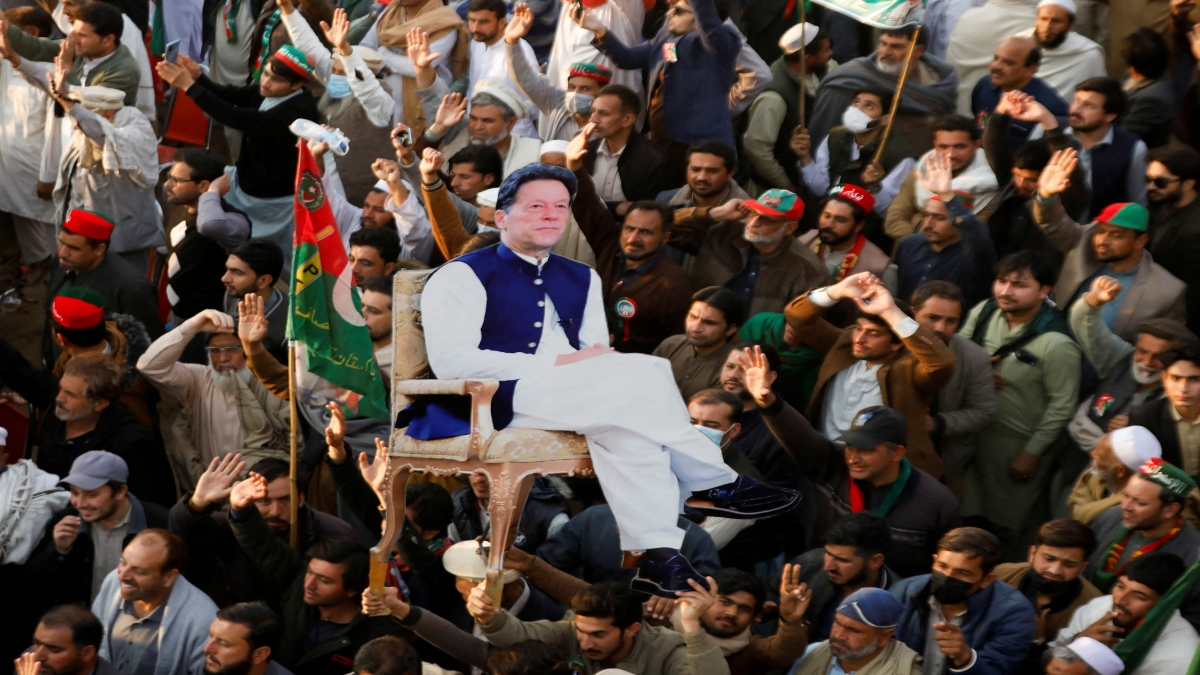)
)
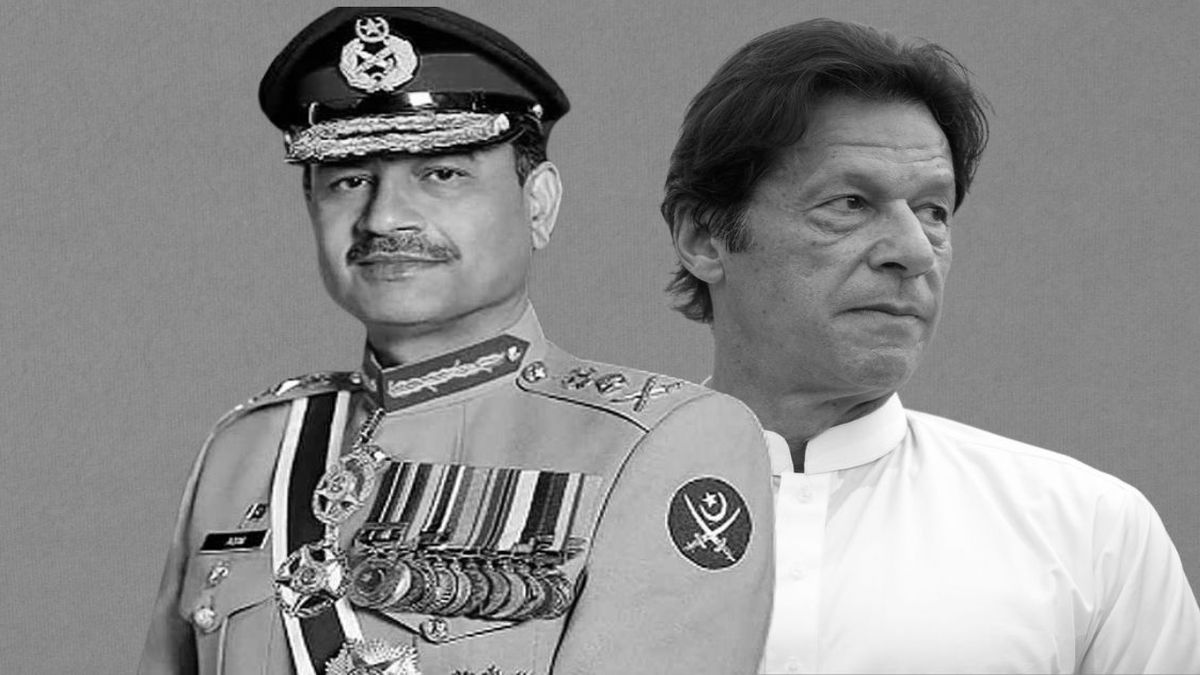)
)
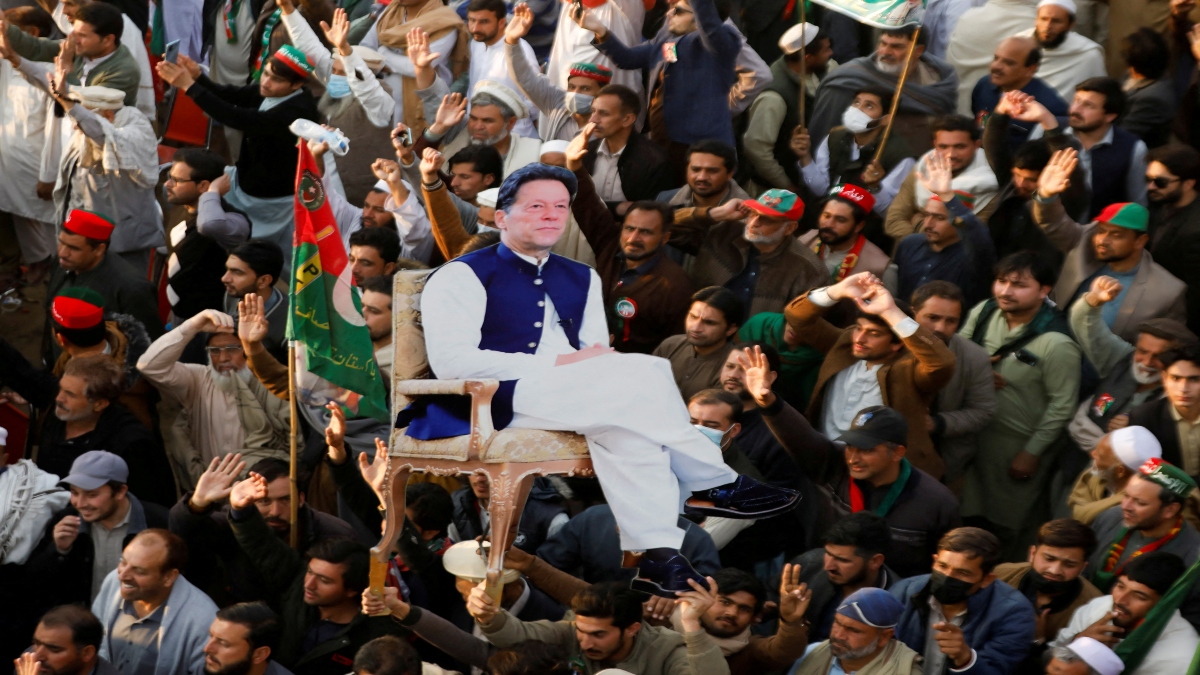)
)



